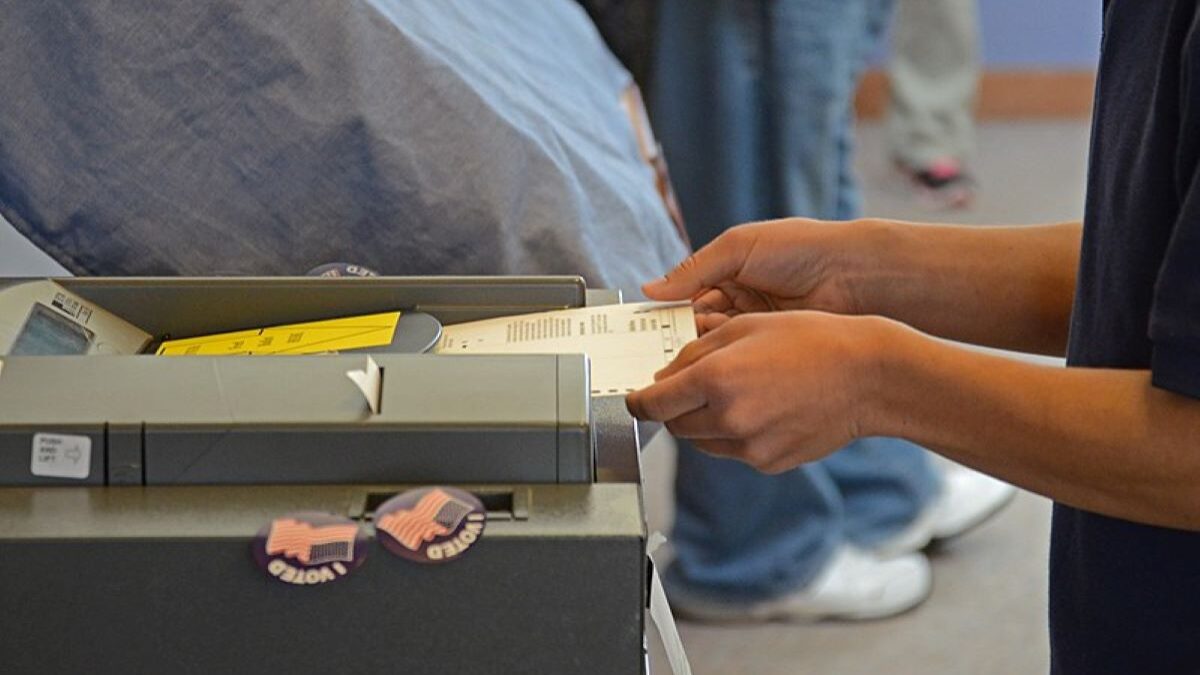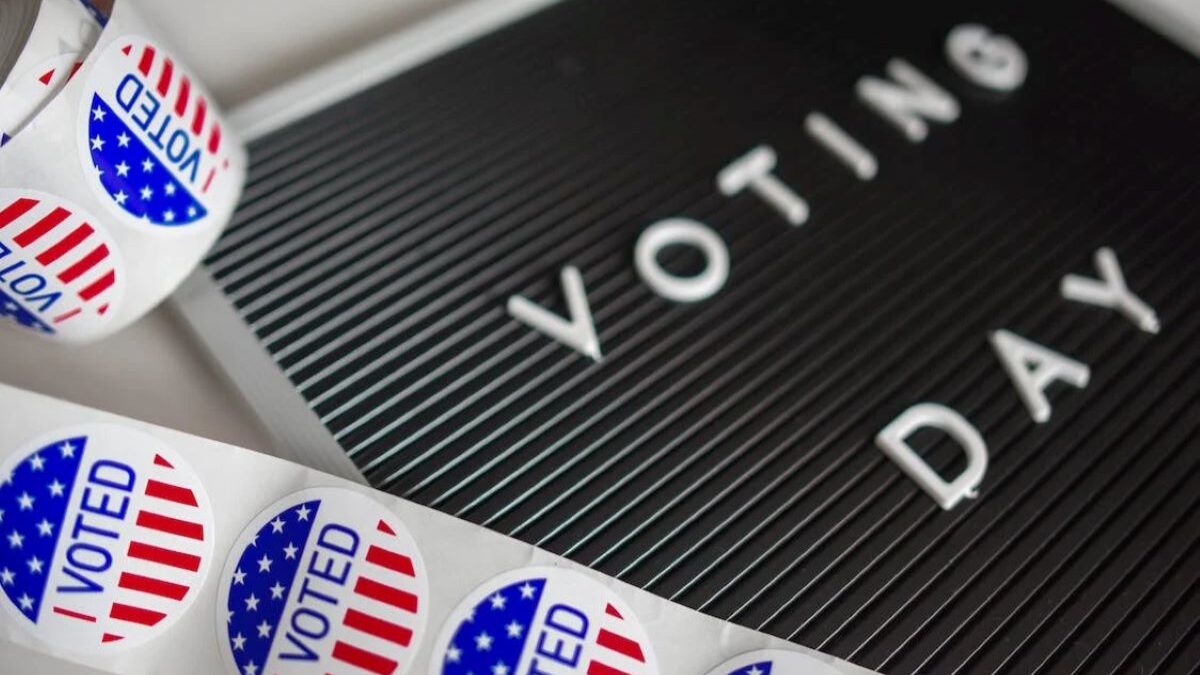
A full federal appeals court declined to take up Democrat groups’ challenge of Florida’s 2021 election integrity law on Thursday, marking a major win for Gov. Ron DeSantis and the GOP-controlled state legislature.
According to the Orlando Sentinel, Thursday’s decision by the 11th Circuit Court of Appeals “let stand an April ruling by a three-judge panel of the [court] that sided with the state on major issues in the case.” The 11th Circuit’s April decision effectively overturned a prior ruling issued by U.S. District Judge Mark Walker — an Obama appointee — who baselessly claimed the law in question discriminated against black voters.
“What are the supposedly racist provisions that the district judge enjoined officials from enforcing?” Chief Judge William Pryor wrote of the court’s Thursday decision. “They are unremarkable, race-neutral policies designed to bolster election security, maintain order at the polls and ensure that voter-registration forms are delivered on time.”
Signed into law in May 2021, SB 90 includes numerous provisions heavily supported by election integrity activists and American voters. According to a DeSantis press release, the statute “strengthens existing voter ID laws, bans ballot harvesting, prohibits unsolicited mass mailing of ballots, increases election transparency, and prohibits private money from administering elections.”
In his March 2022 decision, Walker claimed that Florida lawmakers demonstrated “intent to discriminate against Black voters” and that the statute is “the stark result[] of a political system that, for well over a century, has overrepresented White Floridians and underrepresented Black and Latino Floridians.” The majority of the 11th Circuit’s three-judge panel disagreed, writing in April that Walker’s allegations of “intentional racial discrimination rest on both legal errors and clearly erroneous findings of fact.”
“Under our precedent, this history cannot support a finding of discriminatory intent in this case. Florida’s more recent history does not support a finding of discriminatory intent,” Pryor wrote.








